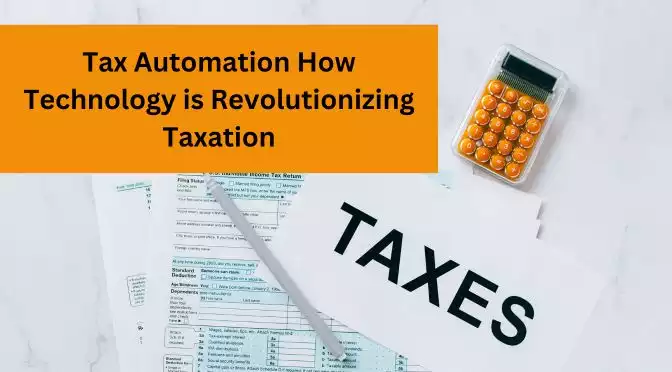
Tax Automation How Technology is Revolutionizing Taxation
The Future of Tax Automation: How Technology is Revolutionizing Taxation
Technology advances have recently transformed many industries, including taxation. To manage their tax obligations more accurately and efficiently, businesses of all sizes are turning more and more to tax automation. In this blog post, we'll look at how technology is altering how we think about taxes and speculate on the potential of tax automation in the future.
Tax Automation: What Is It?
The term "tax automation" refers to the use of technology, including software, to simplify tax compliance and reporting. This includes automating operations like data collection, computation, and tax return filing. Additionally, tax automation software can assist in spotting potential mistakes and discrepancies in tax data, lowering the likelihood of audits or penalties.
What Impact Does Technology Have on Taxation?
Technology is transforming taxation in several ways. Here are a few illustrations:
-
Machine learning and artificial intelligence (AI): Automation of taxes is increasingly using AI and machine learning to quickly and accurately analyze enormous amounts of data. These tools can aid in finding patterns and irregularities in financial data, offering insights that people might have overlooked. AI can be used to forecast the likelihood of an audit, enabling companies to take precautions to lower the risk of fines.
-
Cloud-based computing: By enabling businesses to store and access tax data from any location, this technology makes it simpler to work with remote teams and adhere to local tax laws. Cloud-based tax automation software can also be updated in real-time, ensuring that businesses always have the most up-to-date tax information.
-
Blockchain Technology: Using a decentralized ledger to record transactions, blockchain technology has the potential to revolutionize how we handle tax compliance. Businesses can guarantee the security and accuracy of their tax data by storing it on a blockchain. Automating tax payments with this technology lowers the possibility of mistakes and delays.
What Does the Future of Tax Automation Look Like?
Automation of taxes appears to have a bright future as technology advances. Here are a few trends to watch out for:
-
Increased Integration with Business Systems: The integration of tax automation software with other business systems, such as accounting and ERP software, is likely to increase. By enabling seamless data transfer between systems, this integration will lower the possibility of errors and simplify tax compliance.
-
Increased Focus on Predictive Analytics: Tax automation software is likely to give predictive analytics more attention as AI and machine learning become more sophisticated. Businesses will be able to identify potential tax issues in advance, lowering the risk of audits and fines.
-
Greater Adoption of Blockchain Technology: Blockchain technology is likely to become more widely adopted in tax automation, particularly for businesses operating in multiple jurisdictions. By recording tax data on a blockchain, businesses can ensure the accuracy and security of their tax information, reducing the risk of errors and fraud.
In conclusion, technology is changing the way we approach taxation, making it more efficient, accurate, and secure. As tax automation continues to evolve, businesses of all sizes can expect to benefit from streamlined tax compliance, reduced risk of errors and penalties, and greater financial transparency. Businesses can beat the competition and have greater success in the future by embracing these changes.




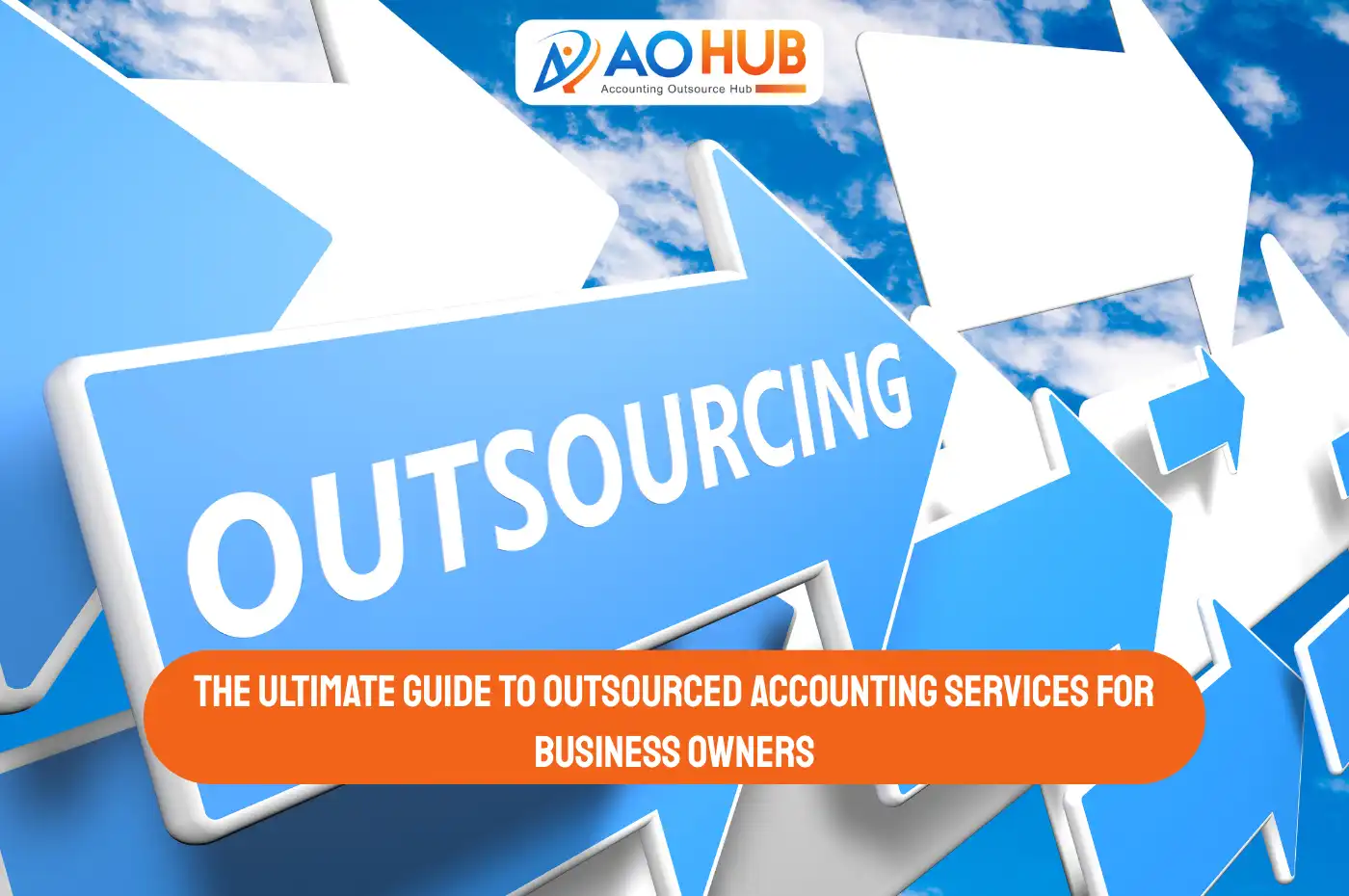



-transformed.webp)

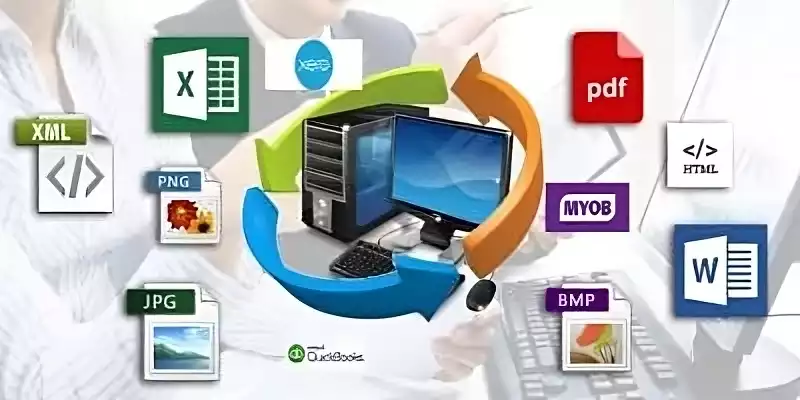


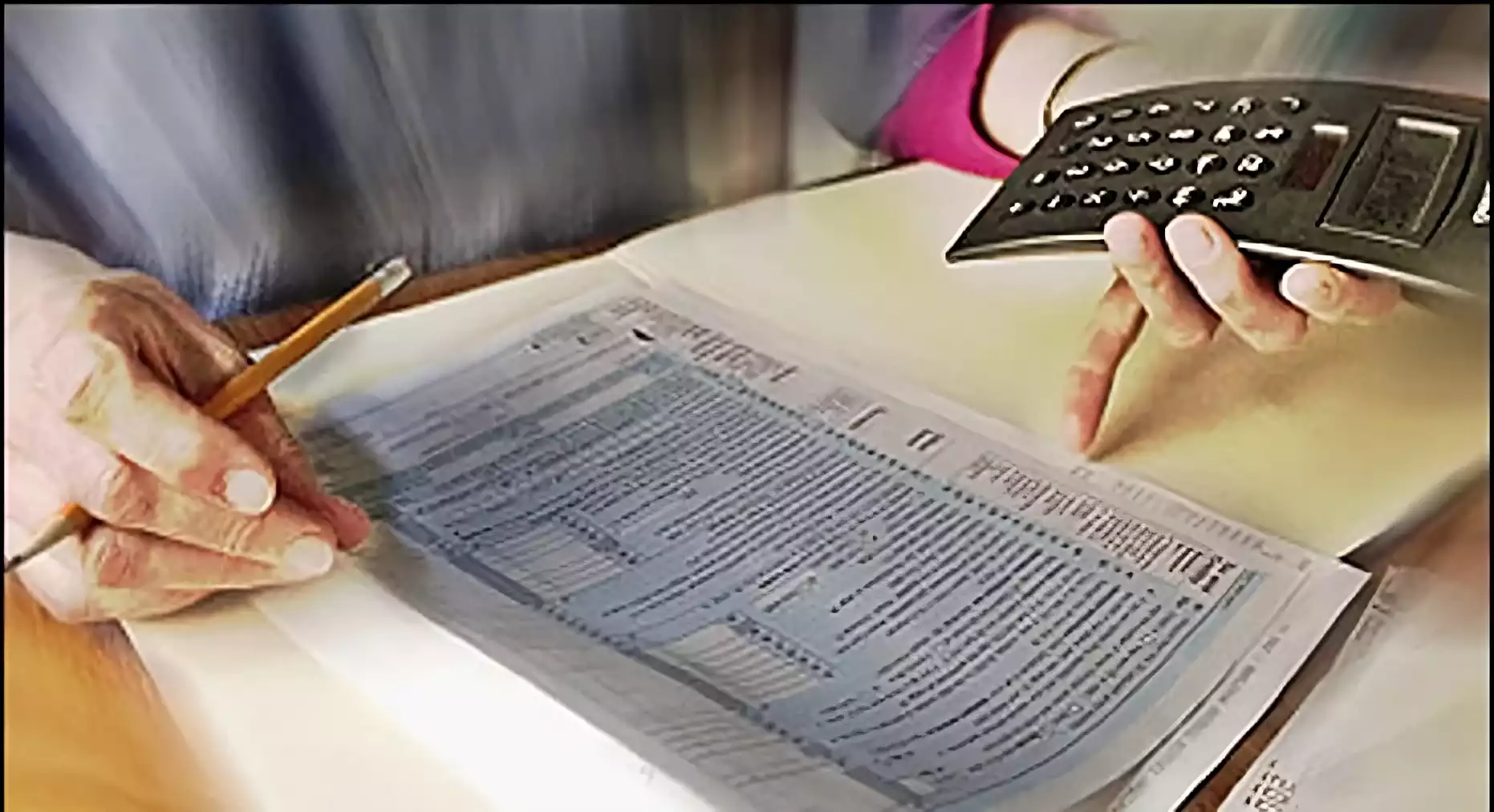

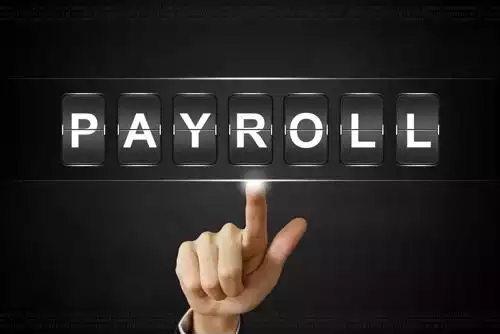






 Call Now
Call Now Whatsapp
Whatsapp